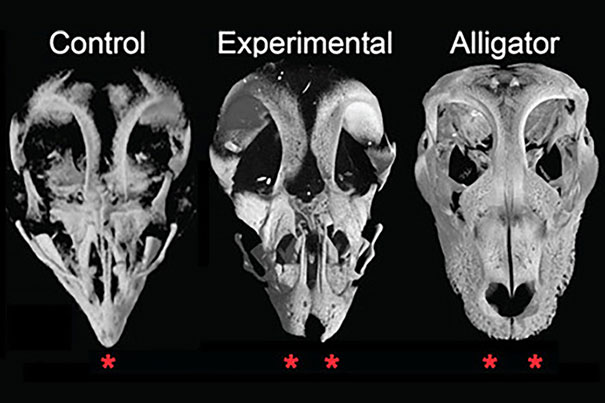Health
-

Six cancers rising faster in younger adults than older ones
Large new global study fuels growing concern over trend of increases in several types

-

What’s next for GLP-1s?
Scientists eye new treatment targets for popular weight-loss drugs, from heart failure to addiction
-

Pricey blockbuster GLP-1s are costing users — and most of the rest of us, too
Health insurers are passing along cost for coverage in form of higher rates across the board, policy researcher says
-

Drinking 2-3 cups of coffee a day tied to lower dementia risk
Caffeinated tea also found to slow cognitive decline in study

-

New AI tool predicts brain age, dementia risk, cancer survival
Unlike other AI models, BrainIAC needs limited data to ID key neurological health indicators

-

It’s time to get more comfortable with talking about dying
Palliative care physicians offer advice for end-of-life conversations between patients, loved ones
-
Microbiomes could hold keys to improving life
A group of 48 scientists from 50 institutions in the U.S. has formed the Unified Microbiome Initiative Consortium (UMIC). The UMIC’s goal is to drive cutting-edge microbiome research, enabling breakthrough advances in medicine, ecosystem management, sustainable energy, and production of commodities.
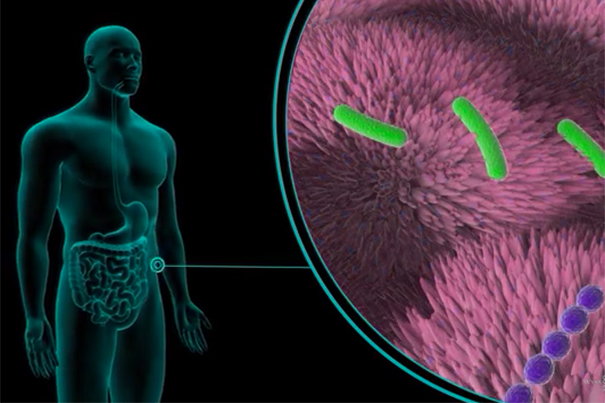
-
Blood clot breakthrough uses drug-device combo
Harvard-affiliated researchers are working on a procedure that will allow fully obstructed blood clots in the brain to be cleared using a device that opens a small channel through the blockage, which combines with a clot-busting drug to target the obstructed site.
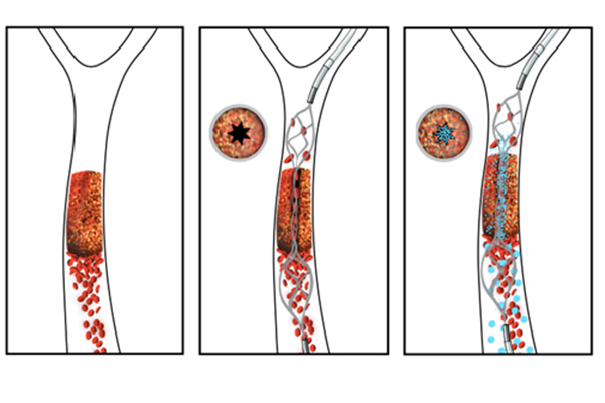
-
Medication errors found in 1 out of 2 surgeries
The first study to measure the incidence of medication errors and adverse drug events during the perioperative period has found that some sort of mistake or adverse event occurred in every second operation and in 5 percent of observed drug administrations, according to information gathered from 275 operations at Massachusetts General Hospital.

-
Drug story
Americans often have no idea whether they’re getting value for their prescription drug dollars, something that has to change if costs are to be reigned in in this country, according to a panel at the Harvard T.H. Chan School of Public Health.
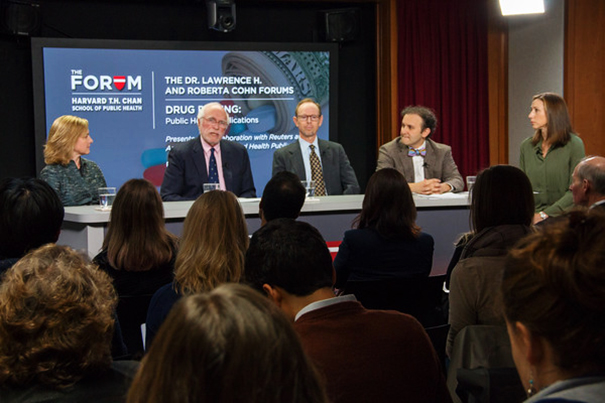
-
Red blood cell production increases, but cost goes down
New research suggests a way to cost-effectively manufacture red blood cells from stem cells; the patients who could potentially benefit include those who cannot use blood currently available in blood banks.
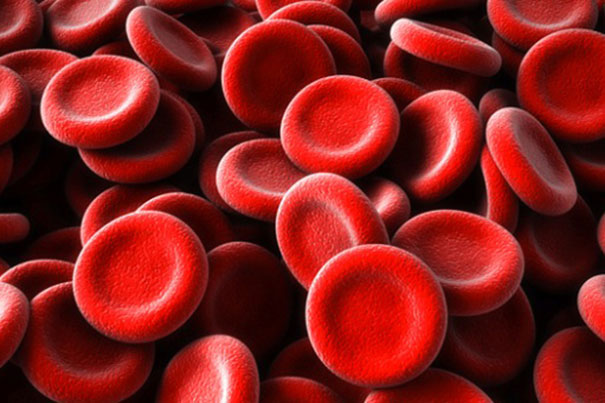
-
Converting skin cells to stem cells creates ‘kidney structures’
Researchers create complex kidney structures from human stem cells derived from the skin of adult patients.
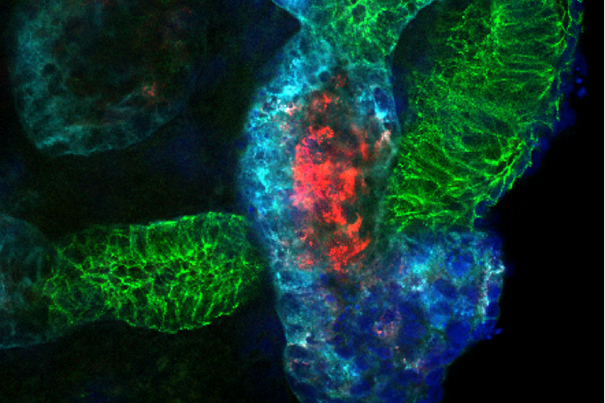
-
Working to break heroin’s grip
Specialists in addiction see promise in a more comprehensive approach to treating opioid abuse, aided by medication.

-
Relaxation response proves positive
Relaxation-response techniques, such as meditation, yoga, and prayer, could reduce the need for health care services by 43 percent, according to a Harvard-affiliated Massachusetts General Hospital study that looked at participants in a relaxation-response-focused training program.

-
Closer view of the brain
A team of researchers has succeeded in imaging — at the nano scale — every item in a small portion of mouse brain. What they found, Lichtman said, could open the door to, among other things, understanding how learning alters the brain.
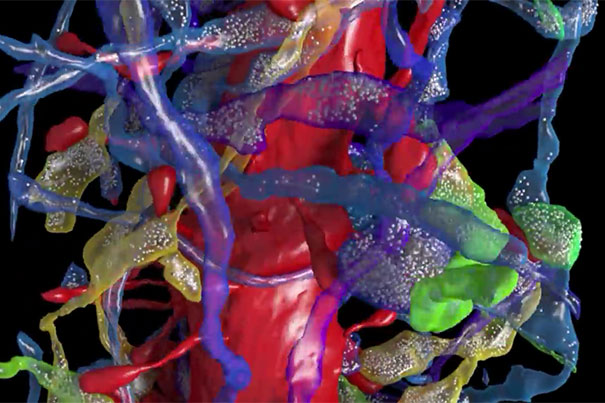
-
Basic care increases odds when headed to the hospital
Patients with trauma, stroke, heart attack, and respiratory failure who were transported by basic life support ambulances had a better chance of survival than patients who were transported by advanced life support ambulances, a study of Medicare patients in urban counties nationwide found.

-
A whale of a tale
Great whales’ microbiome shares characteristics with both plant eaters and predators, study finds.
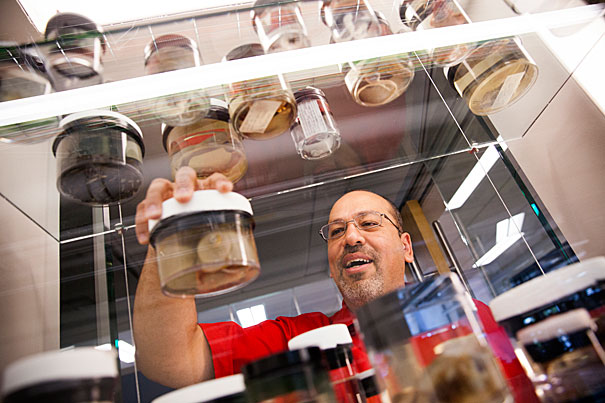
-
Easier way to fix hearts
Catheter aided by UV light allows repairs of heart holes without requiring surgery.

-
History as mosh pit
Today’s discoveries in DNA technology are as exciting as another era’s moon missions, opening avenues of scientific inquiry and invigorating even longstanding fields, speakers at a Radcliffe science symposium on DNA said.
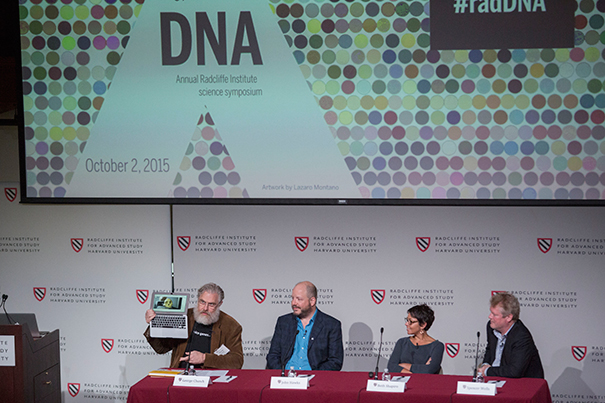
-
Inroads against leukemia
A molecule isolated from sea sponges and later synthesized in the lab can halt the growth of cancerous cells and could open the door to a new treatment for leukemia, according to a team of Harvard researchers.
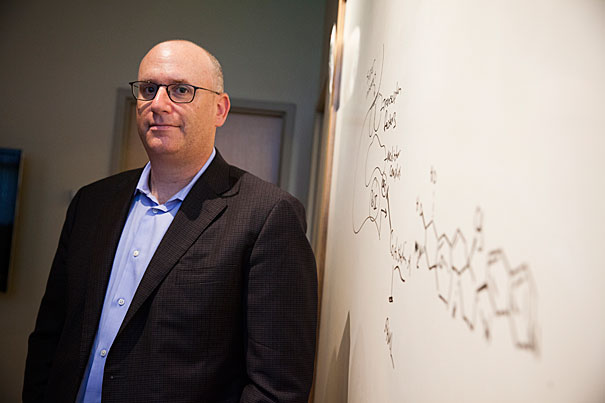
-
Heroin’s descent
A report on the science of getting hooked on heroin, one in a three-part series examining addiction and new ideas for combatting it.

-
How coffee loves us back
Research at Harvard and elsewhere has repeatedly tied coffee consumption to health benefits.

-
Butter’s benefits melt away
Harvard researchers take a 2014 paper to task and find that butter isn’t one of the good guys. Get your fats from nuts and vegetable oils instead.

-
A strong start toward good health: Good choices
Lifestyle choices remain the best way to prevent heart attack, stroke, diabetes, cancer, and cognitive decline, panelists agreed.
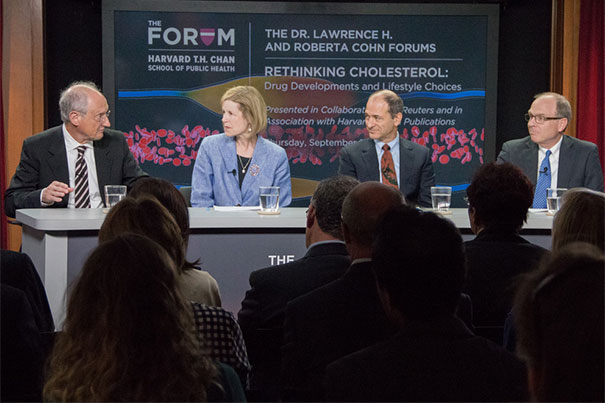
-
Hope against disease targeting children
Harvard Stem Cell Institute researchers studying spinal muscular atrophy have found molecular changes that help trigger the genetic disease in children.
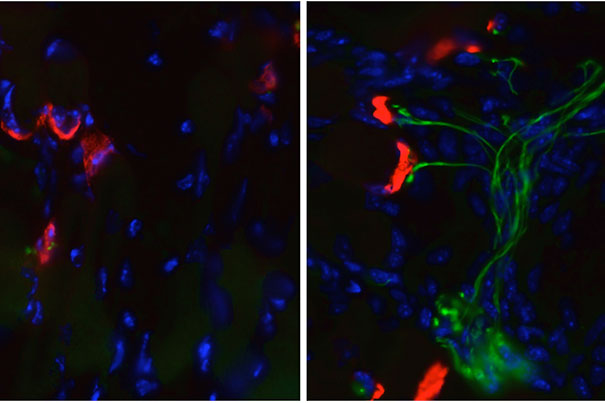
-
‘Achilles’ heel’ of sickle cell disease?
Gene-editing study reveals pathway that could help short circuit sickle cell disease.
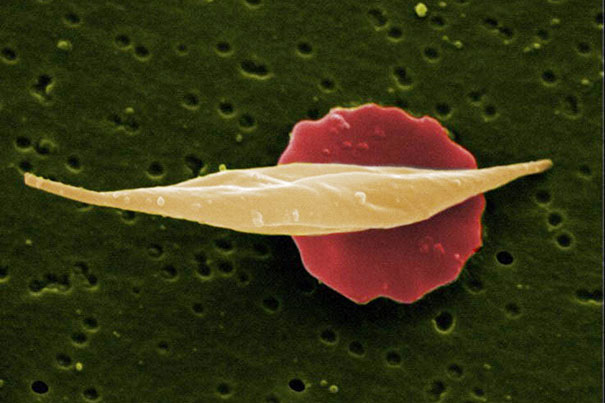
-
Keeping an eye on screen time
With parents and kids in back-to-school mode, refocusing on the daily demands of homework, sports, and activities, time spent staring at a screen comes at a premium. Steven Gortmaker, professor of the practice of health sociology at the Harvard T.H. Chan School of Public Health, has been studying how we have used and sometimes abused screen time since the 1980s, when he published one of the first studies linking TV watching to obesity.

-
Genetic sleuthing
An international team of researchers led by Harvard’s Pardis Sabeti have sequenced the genomes of hundreds of samples of Lassa fever and are using that data to try to unlock the virus’ secrets.

-
Filling a void in stem cell therapy
New porous hydrogel could boost success of some stem cell-based tissue regeneration, researchers say.
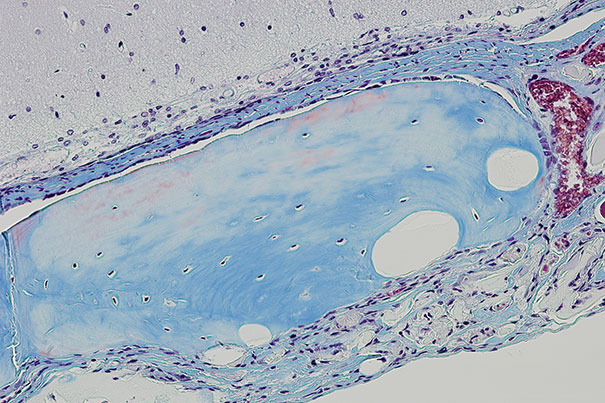
-
Bringing global health home
The world is smaller than ever when it comes to infectious disease, a fact that means people have more at stake than ever before in each other’s health, speakers said at a symposium marking the fifth anniversary of the Harvard Global Health Institute.

-
Short lunch periods don’t serve students’ needs
While recent federal guidelines enhanced the nutritional quality of school lunches, there are no standards regarding lunch period length. Many students have lunch periods that are 20 minutes or less, which can be an insufficient amount of time to eat, according to a new study from the Harvard T.H. Chan School of Public Health.

-
Why MS symptoms may improve as days get shorter
By first looking broadly at possible environmental factors and then deeply at preclinical models of multiple sclerosis (MS), a BWH research team found that melatonin — a hormone involved in regulating a person’s sleep-wake cycle — may influence MS disease activity.

-
How termites ventilate
Research led by a Harvard professor describes in detail how termite mounds are ventilated.

-
Understanding the IT band
Research led by Carolyn Eng delivers insights into how the IT band stores and releases elastic energy to make walking and running more efficient.

-
A bridge for promising research
Twelve advanced research projects aimed at developing new therapies and diagnostics receive support from Harvard’s Blavatnik Biomedical Accelerator.

-
So long, snout
New research shows that bird beaks are the result of skeletal changes controlled by two genetic pathways, shedding light on the origins of one of nature’s most efficient tools.
